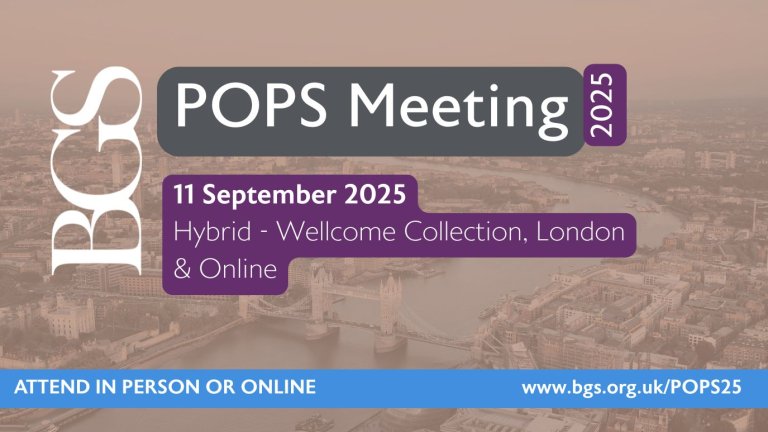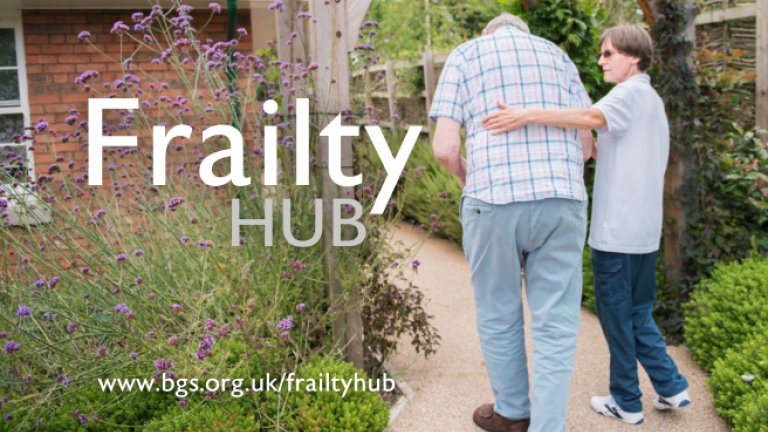A new study published in the British Journal of Anaesthesia, and referencing BGS publications, has found that the majority of UK hospitals are not properly screening older surgical patients for frailty.
This study, the 3rd Sprint National Anaesthesia Project (SNAP-3), collected data from 7,127 patients aged 60 and over undergoing surgery, from 214 hospitals, over 5 days in 2022. It found that 71% of hospitals were not routinely screening for frailty in older patients, despite frailty being associated with longer hospital stays and higher risk of postoperative delirium, morbidity, and mortality.
Screening for frailty in older people admitted for surgical care is essential, as it allows for the identification of patients at risk of adverse outcomes who will benefit from Comprehensive Geriatric Assessment (CGA) and optimisation. Studies have shown that CGA-based surgical services, often referred to as POPS services (Perioperative medicine for Older People undergoing Surgery), deliver better outcomes for patients and are cost-effective. Based on national guidance, such services are being increasingly established across the NHS and are now being evaluated through a national research study (POPS-SUp)
Professor Jugdeep Dhesi, President of the BGS, said:
Older people living with frailty are at high risk of poor outcomes after surgery, but this does not have to be the case. We know services that address the needs of older people living with frailty can deliver better postoperative outcomes. The BGS is advocating for the rollout of these services through the development of guidelines, sharing of best practices, and the provision of education and training resources, as well as through supporting research. All older people having emergency or elective surgery should have equitable access to quality perioperative services to achieve the outcomes that matter to them.”

